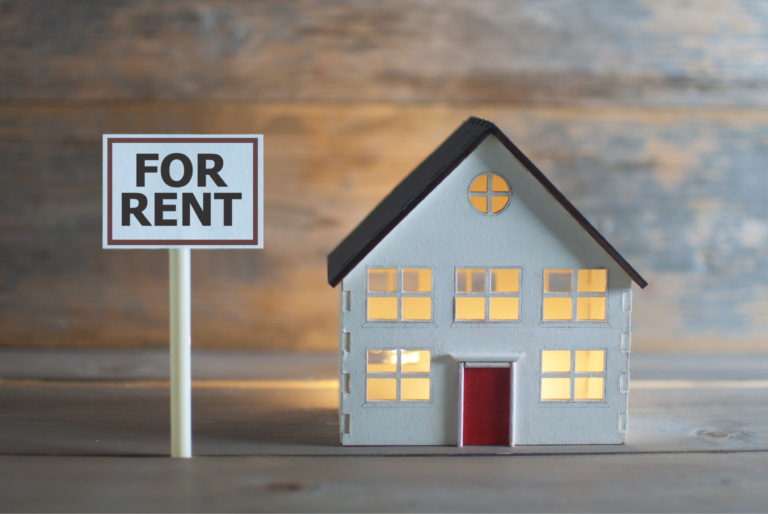Washington’s rent control law—House Bill 1217 (HB 1217)—is officially in effect, and it’s already changing the way landlords operate across the state. But if you’re wondering whether your rental is exempt from these new rules, you’re not alone.
Understanding HB 1217 exemptions is critical. Whether you’re managing a single-family rental in Redmond or overseeing a small portfolio in Kirkland, knowing where your property stands under the law can save you from legal trouble and guide your next business move.
Let’s walk through the 5 key things every property owner should review to determine if their property is exempt from rent control in WA under HB 1217.
1. Check the Property’s Construction Date
The biggest and most straightforward exemption under HB 1217 is for new construction.
If your rental property received a certificate of occupancy within the last 12 years, it is exempt from the rent cap limits.
This exemption is designed to protect new development and encourage future housing construction—but the 12-year clock starts from the certificate of occupancy, not from when you purchased or started renting the property.
Not sure when your property was officially completed? Check your county records or ask your property manager to verify it for you.
2. Confirm Whether You Qualify as Affordable Housing
Certain government-subsidized or regulated affordable housing units are exempt from HB 1217.
This includes housing that receives:
- Federal low-income housing tax credits (LIHTC)
- Section 8 project-based rental assistance
- Other federal/state/local funding tied to rent restrictions
If your property is governed by an affordability covenant or agreement, you may be exempt—but you’ll likely need to show documentation to prove it.
Unsure if your housing contract qualifies? Contact your housing authority or reach out to SJA Property Management for guidance.
3. Review Ownership Type: Are You a Non-Profit?
Under HB 1217, some nonprofit-owned rental properties may be exempt. This applies only to specific nonprofits that meet criteria outlined in the legislation—usually those providing long-term, mission-based housing support.
If your property is owned by a nonprofit entity and serves a specific community or housing need, it may qualify. This exemption is not automatic and requires qualification.
4. Evaluate Whether You Have a Manufactured Housing Community
If you operate a manufactured housing community (also known as a mobile home park), your property is not exempt, but your rent cap is more restrictive:
- Rent increases for these communities are capped at 5% annually, regardless of CPI.
This special category exists to protect low-income and older residents who typically reside in manufactured homes. These landlords must still follow the 180-day notice period for rent increases of 3% or more.
Note: This is not an exemption, but it’s important to understand the separate rule that applies.
5. Don’t Assume Short-Term Rentals or Vacant Properties Are Exempt
There is currently no exemption for:
- Short-term rental conversions
- Properties that are currently vacant
- Single-family homes owned by individual investors (unless they qualify under the 12-year exemption)
If you’re planning to raise rent before leasing out a vacant unit, HB 1217 still applies.
Setting a starting rent for a brand-new lease is permitted, but price gouging or excessive hikes designed to get around the law may still trigger legal scrutiny.
What If You’re Not Sure?
If you’re unclear about your exemption status, it’s safer to operate as if HB 1217 applies until confirmed otherwise. Incorrectly assuming you’re exempt can result in:
- $7,500 fines per violation
- Private lawsuits
- Lease terminations initiated by tenants
Want help reviewing your property status? Schedule a consultation with SJA Property Management and let us guide you through HB 1217 compliance.
Navigating the WA rental law 2025 doesn’t have to be overwhelming. While HB 1217 has introduced new restrictions, it also offers some flexibility through clear exemptions—if you know how to identify them correctly.
At SJA, we help landlords understand where their properties stand and create smart strategies that protect both compliance and cash flow.
Unsure about your next rent increase or tenant notice? Don’t guess. Reach out to our team and we’ll walk you through it.
Disclaimer:
This article is intended for informational purposes only and should not be taken as legal advice. Please consult a qualified attorney for legal questions specific to your property and circumstances.






